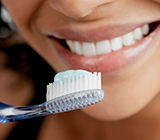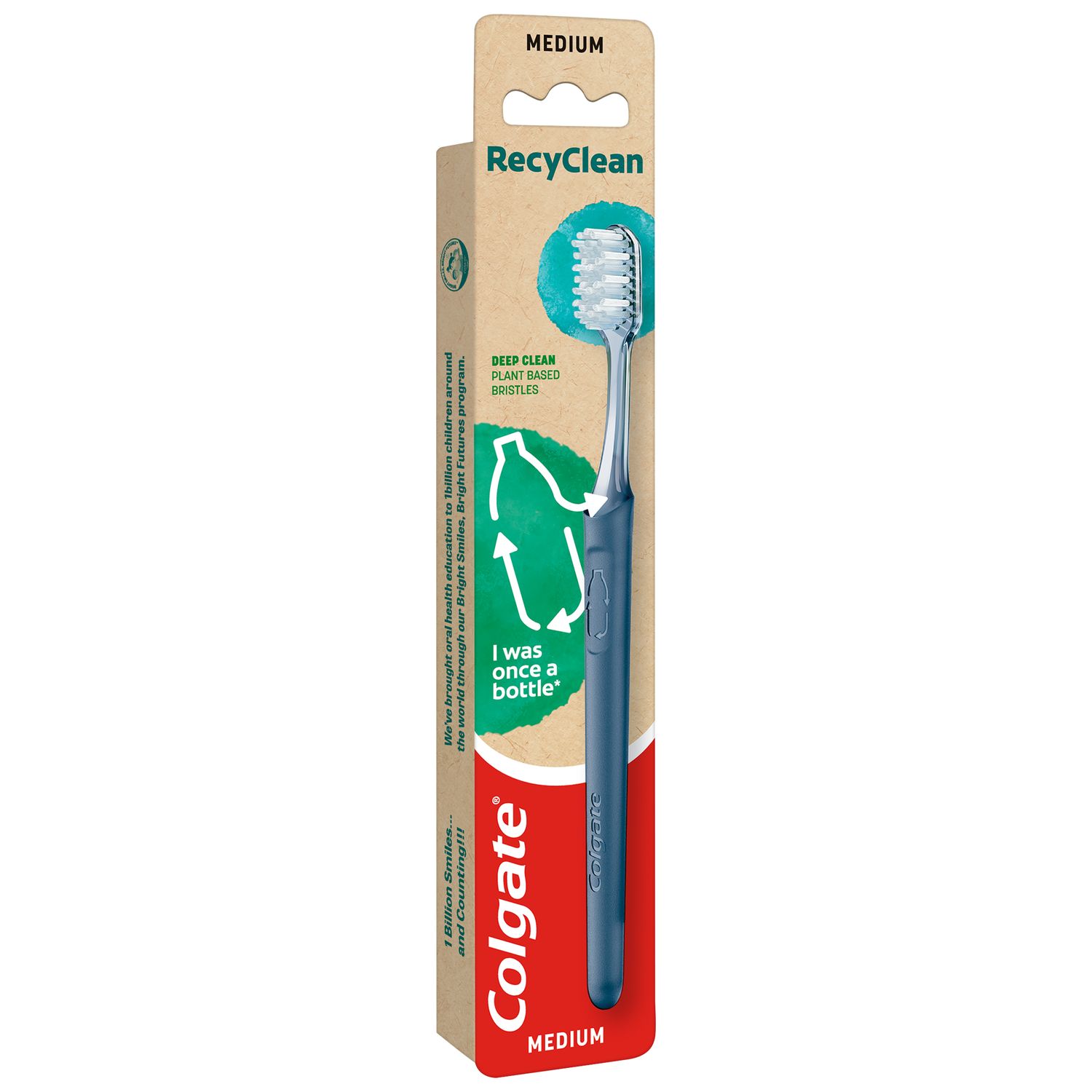Tooth Sensitivity and Mouthwash
In minor cases, using products formulated for sensitive teeth as home treatments can suppress the pain and discomfort. Mouthwashes desensitise teeth in two major ways: by anesthetising the delicate tubules in the underlying dentine area of the teeth, and by coating your tooth enamel with minerals that reinforce it and make it stronger. These strengthening compounds also fill in the microscopic tubules that lead into the inner tooth pulp through the dentine that lies below tooth enamel. Results don't occur overnight, however. It takes regular and continued use to build up the anesthetising effect and strengthen your tooth enamel.
Desensitising Mouthwash Ingredients
A range of active ingredients in mouthwash can reduce tooth sensitivity. Potassium citrate, potassium nitrate and sodium fluoride are some of the ingredients included in commercial mouthwashes to provide relief. In addition, calcium phosphate and mineral fluorides such as stannous fluoride are used in mouthwashes to the same effect. Potassium citrate and potassium nitrate desensitise the nerves in teeth, and sodium fluoride, calcium phosphate and stannous fluoride improve tooth enamel while coating the microscopic tubules in the dentine.
For example, Colgate Total Advanced Plaque Protect Mouthwash is alcohol-free, so is gentle enough to use if you have sensitive teeth. The formula contains the active ingredients sodium fluoride (to help prevent cavities), zinc lactate (to help prevent and reduce gingivitis, plaque and bad breath) and cetylpyridinium chloride (to help fight bacteria). This antibacterial mouthwash protects your teeth from cavities, revitalises gums and remineralises your tooth enamel – all while keeping your breath minty fresh!
Mouthwash or Toothpaste for Sensitive Teeth?
It can be difficult to decide whether to use a mouthwash or a toothpaste to treat your sensitivity, but research suggests both are equally effective. In 2012, a study was carried out to compare a mouthwash and a toothpaste that contained sodium fluoride and potassium nitrate. Thirty patients were divided into two groups of fifteen: One group brushed twice a day using a toothpaste containing 5 percent potassium nitrate, sodium fluoride, xylitol and triclosan; and the second group rinsed twice a day with a mouthwash containing 3 percent potassium nitrate, sodium fluoride, xylitol and triclosan. The second group also used a non-fluoridated toothpaste. Tooth sensitivity was measured after two and four weeks. Both groups experienced a significant desensitising effect, and there was no difference between the two groups which provided a benefit in decreasing tooth sensitivity. If you have sensitive teeth, you can use a mouthwash, a toothpaste for sensitive teeth, or both.
Tips for Using Mouthwash for Sensitive Teeth
Using mouthwash for sensitive teeth isn't a replacement for brushing and flossing your teeth. But if you often suffer from painful teeth or gums, adding a specially formulated mouthwash into your daily oral hygiene routine can make a big difference to the pain and discomfort you experience. Here are some tips on using mouthwash that you may find useful:
Always look for a mouthwash that contains fluoride and is alcohol-free.
Pour the recommended amount of mouthwash into the cup provided.
Swish the mouthwash around your mouth for around 30 seconds – be sure to follow the instructions on the bottle.
Don't use mouthwash right after brushing your teeth, this will avoid washing away the fluoride from your toothpaste.
Instead, use mouthwash to protect your mouth at a different time of the day, such as after eating or drinking.
Other Ways to Soothe Tooth Sensitivity
In addition to using a mouthwash for sensitive teeth, here are a few more things you can do to soothe a sensitive mouth and keep your teeth and gums healthy and fresh, as recommended by the NHS.
Good Oral Hygiene
DOs
Gently brush your teeth and gums twice a day for two minutes.
Use a fluoride toothpaste.
Clean your tongue once a day using a tongue scraper.
Clean between your teeth once a day using dental floss or interdental brushes.
Visit your dentist for regular check-ups and cleaning.
Keep dentures and retainers clean.
Brush your childrens’ baby teeth as soon as they come through and get kids into a good oral hygiene routine as soon as possible
Chew sugar-free gum or mints after eating or drinking.
Try an antibacterial toothpaste or mouthwash.
DON’T
Smoke or use other tobacco products.
Rinse your mouth with water straight after brushing your teeth.
Eat lots of sugary foods and drinks.
Brush your teeth so hard your gums or tongue bleed.
Change Your Toothbrush
The way you brush your teeth may be causing you to experience the pain of sensitive teeth. Change your toothbrush for a soft-bristled brush that’s more gentle on your gums, and make sure you’re not applying too much pressure or brushing your teeth aggressively. People underestimate how abrasive tooth brushing can be, so changing your tools and technique can make a big difference to a sensitive mouth!
Sensitive teeth can also be a sign of serious dental problems, so always mention any sensitivity to your dentist. They can check the source of your discomfort and offer in-office treatments. Now you know the mouthwash ingredients to look out for that can help your sensitive teeth at home, and how mouthwash can be an important part of your oral hygiene routine!
ORAL HEALTH QUIZ
What's behind your smile?
Take our Oral Health assessment to get the most from your oral care routine
ORAL HEALTH QUIZ
What's behind your smile?
Take our Oral Health assessment to get the most from your oral care routine












